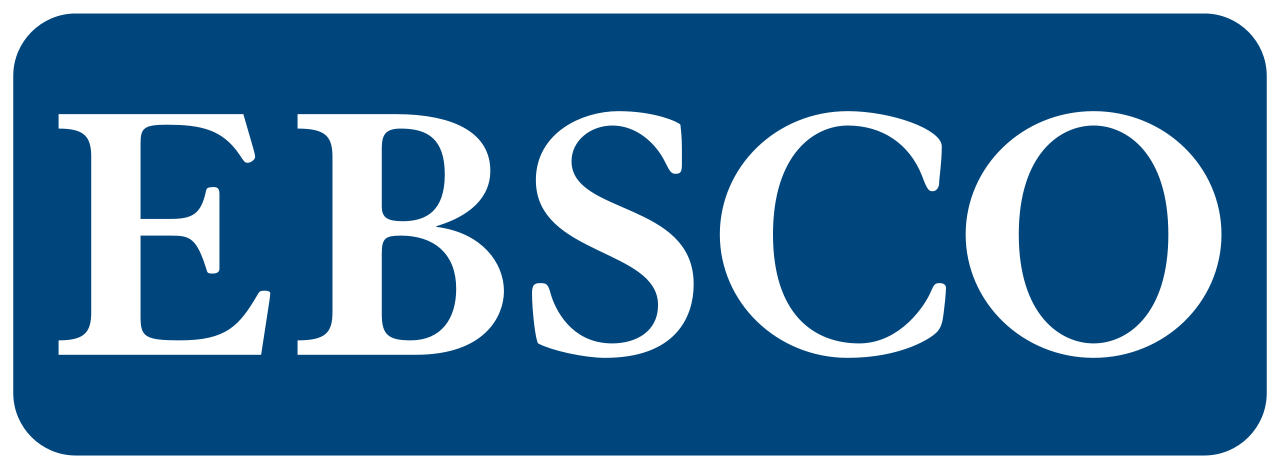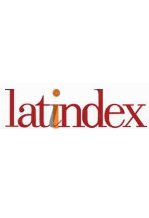A Agressividade Tributária Gera Custos Reputacionais no Brasil?
Palavras-chave:
Planejamento Tributário, Custo Reputacional, Agressividade Tributária, Empresas Brasileiras, GestãoResumo
O objetivo desta pesquisa é investigar se as Empresas Brasileiras arcam com o custo de reputação ao se engajarem em atividade de agressividade tributária. Utilizou-se regressões com dados em painel para testar a hipótese de que quanto maior o nível de agressividade tributária praticada pelas empresas maiores são os custos reputacionais que elas sofrem por conta dessa prática. A amostra está nas empresas brasileiras de capital aberto no período de 2010 a 2018. Os resultados não confirmaram a hipótese e sugerem que as variações das vendas, do preço das ações, a admiração pela mídia e a troca de executivos não estejam associadas à prática de agressividade, indicando que as empresas referentes não sofreram custos reputacionais associados à agressividade tributária. Em suma, esta pesquisa sugere um auxílio a gestores sobre a aceitação ou não da agressividade fiscal, sobretudo na ideia de redução de gastos com pagamentos de tributos agressivos, por exemplo.
Downloads
Referências
Alencastre, B. Z., et al. (2018). O impacto da Agressividade Tributária Sobre o Nível de Investimentos, Eficiência Produtiva e Rentabilidade de Empresas Listadas na [B].
Araújo, A. M. A., et al. (2018). Agressividade Fiscal: uma comparação entre empresas listadas na NYSE e BM&FBOVESPA. Anais do X Congresso ANPCONT, São Paulo, Ribeirão Preto, Brasil, 37.
Austin, C. E., & Wilson, R. J. (2017). An Examination of Reputational Costs and Tax Avoidance: Evidence from Firms with Valuable Consumer Brands. The Journal of the American Taxation Association, 39(1), 67-93.
Bai, Y., et al. (2017). Reputation and Corporate Tax Planning: A Moral Licensing View. Working Paper.
Balakrishnan, K., et al. (2019). Tax aggressiveness and corporate transparency. The Accounting Review, 94(1), 45-69.
Banker, R. D., et al. (2016). The confounding effect of cost stickiness on conservatism estimates. Journal of Accounting and Economics, 61(1), 203-220.
Bankman, J. (2004). The tax shelter problem. National tax journal, 925-936.
Bitti, E. J. S., et al. (2019). Agency Costs and Scarce Resources: Influences on Brazilian Franchising. Brazilian Business Review, 16(4), 383-399.
Bowen, R. M., et al. (2010). Whistle-blowing: Target firm characteristics and economic consequences. The Accounting Review, 85(4), 1239-1271.
Brav, A., et al. (2000). Is the abnormal return following equity issuances anomalous?. Journal of financial economics, 56(2), 209-249.
Cao, Y., et al. (2012). Does company reputation matter for financial reporting quality? Evidence from restatements. Contemporary Accounting Research, 29(3), 956-990.
Chen, S., et al. (2010) Are Family Firms more Tax Aggressive than Non-family Firms?. Journal of Financial Economics, 91(1), 41-61.
Dechow, P. M., et al. (1995). Detecting earnings management. Accounting Review, 193-225.
Desai, M. A., & Dharmapala, D. (2006). Corporate tax avoidance and high-powered incentives. Journal of Financial Economics, 79(1), 145-179.
Desai, M. A., & Dharmapala, D. (2009). Corporate tax avoidance and firm value. The review of Economics and Statistics, 91(3), 537-546.
Dyreng, S., et al. (2008). Long-run corporate tax avoidance. The Accounting Review 83(1), 61–82.
Erickson, M., et al. (2004). How much will firms pay for earnings that do not exist? Evidence of taxes paid on allegedly fraudulent earnings. The Accounting Review, 79(2), 387-408.
Fombrun, C., & Shanley, M. (1990). What's in a name? Reputation building and corporate strategy. Academy of management Journal, 33(2), 233-258.
França, R. D. D. (2018). Ensaios sobre tax avoidance, reputação corporativa e governança no Brasil (Tese de Doutorado). Universidade de Brasília. Programa Multi-institucional e inter-regional de pós-graduação em ciências contábeis UNB/UFPB/UFRN, Brasil.
Gallemore, J., et al. (2014) The Reputational Costs of Tax Avoidence. Contemporary Accounting Research, 31(4), 1103-1133.
Gouveia, F. H. C., & Afonso, L. E. (2013). Uma análise das formas de remuneração dos sócios por meio do planejamento tributário. RAM. Revista de Administração Mackenzie, 14(2), 69-98.
Graham, J. R., et al. (2014). Incentives for tax planning and avoidance: Evidence from the eld, The Accounting Review, 89(3), 991-1023.
Hanlon, M., & Heitzman, S. (2010). A review of tax research. Journal of accounting and Economics, 50(2-3), 127-178.
Hanlon, M., & Slemrod, J. (2009). What does tax aggressiveness signal? Evidence from stock price reactions to news about tax shelter involvement. Journal of Public Economics, 93(1-2), 126-141.
Hardeck, I., & Hertl, R. (2014). Consumer reactions to corporate tax strategies: Effects on corporate reputation and purchasing behavior. Journal of business ethics, 123(2), 309-326.
Hennes, K. M., et al. (2008). The importance of distinguishing errors from irregularities in restatement research: The case of restatements and CEO/CFO turnover. The Accounting Review, 83(6), 1487-1519.
Higgins, D., et al. (2012). Tax avoidance versus aggressiveness: The influence of a firm’s business strategy. Working paper, University of Connecticut.
Jacob, M., et al. (2019). Why do not all firms engage in tax avoidance?. Review of Managerial Science, 1-37.
Jacob, Helena. Redes sociais, mulheres e corpo: um estudo da linguagem fitness na rede social Instagram. Rev. Communicare. v. 14, n. 1, 2014.
Klassen, K. J. (1997). The impact of inside ownership concentration on the trade-off between financial and tax reporting. Accounting Review, 455-474.
Martinez, A. L. (2017). Agressividade Tributária: um survey da literatura. Revista de Educação e Pesquisa em Contabilidade, 11(6), 106-124.
Orair, R., & Gobetti, S. (2018). Reforma Tributária no Brasil: Princípios norteadores e propostas em debate. Novos estudos CEBRAP, 37(2), 213-244.
Pierk, J. (2016). Are Private Firms Really More Tax Aggressive than Public Firms?. WU International Taxation Research Paper Series, (2016-02).
Reinders, A. P. G. S., & Martinez, A. L. (2016). Qual o efeito da agressividade tributária na rentabilidade futura? Uma análise das companhias abertas brasileiras. In Anais do Congresso da Associação Nacional de Programas de Pós-Graduação em Ciências Contábeis.
Rego, S. O.; Wilson, R. Incentivos ao risco patrimonial e à agressividade fiscal das empresas. Journal of Accounting Research, v. 50, n.3, pp. 775-810, 2012.
Scholes, M. S., et al. (1990). Tax planning, regulatory capital planning, and financial reporting strategy for commercial banks. The Review of Financial Studies, 3(4), 625-650.
Silva, A., et al. (2019). Sticky Costs Behavior and Earnings Management. Brazilian Business Review, 16(2), 191-206.
Silva, J. M. D. (2017). A influência do ciclo de vida organizacional sobre o nível de planejamento tributário (Doctoral dissertation, Universidade de São Paulo).
Downloads
Publicado
Como Citar
Edição
Seção
Licença
Copyright (c) 2023 Danilo Soares Monte-mor, Antônia Auridéia Felismino da Silva

Este trabalho está licenciado sob uma licença Creative Commons Attribution-NonCommercial 4.0 International License.
Os direitos autorais dos artigos publicados na Revista de Economia Mackenzie pertencem aos autores, que concedem à Universidade Presbiteriana Mackenzie os direitos exclusivos de publicação do conteúdo. É vedada sua reprodução total ou parcial sem a devida autorização da Comissão Editorial, exceto quando previamente autorizado.










